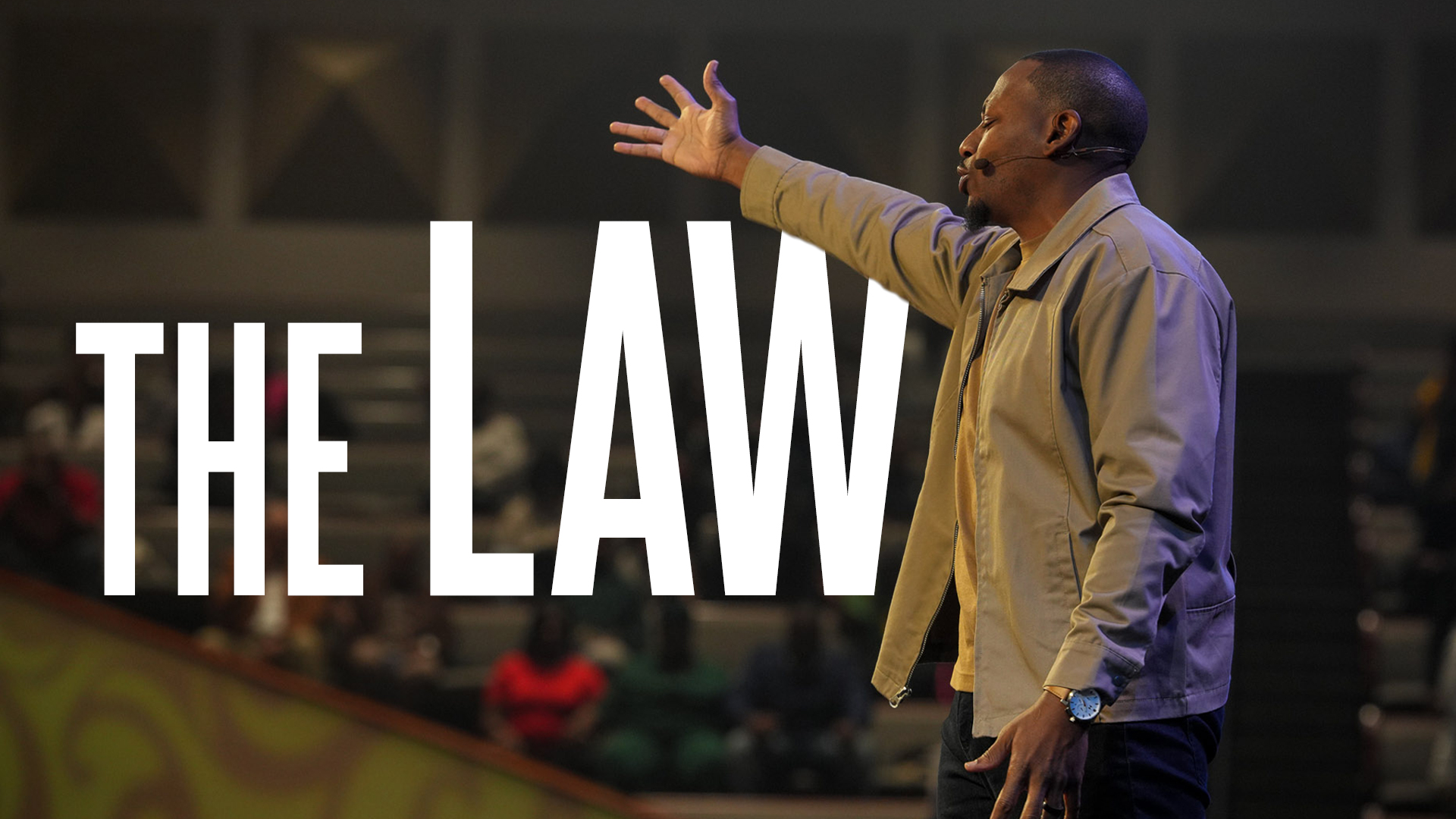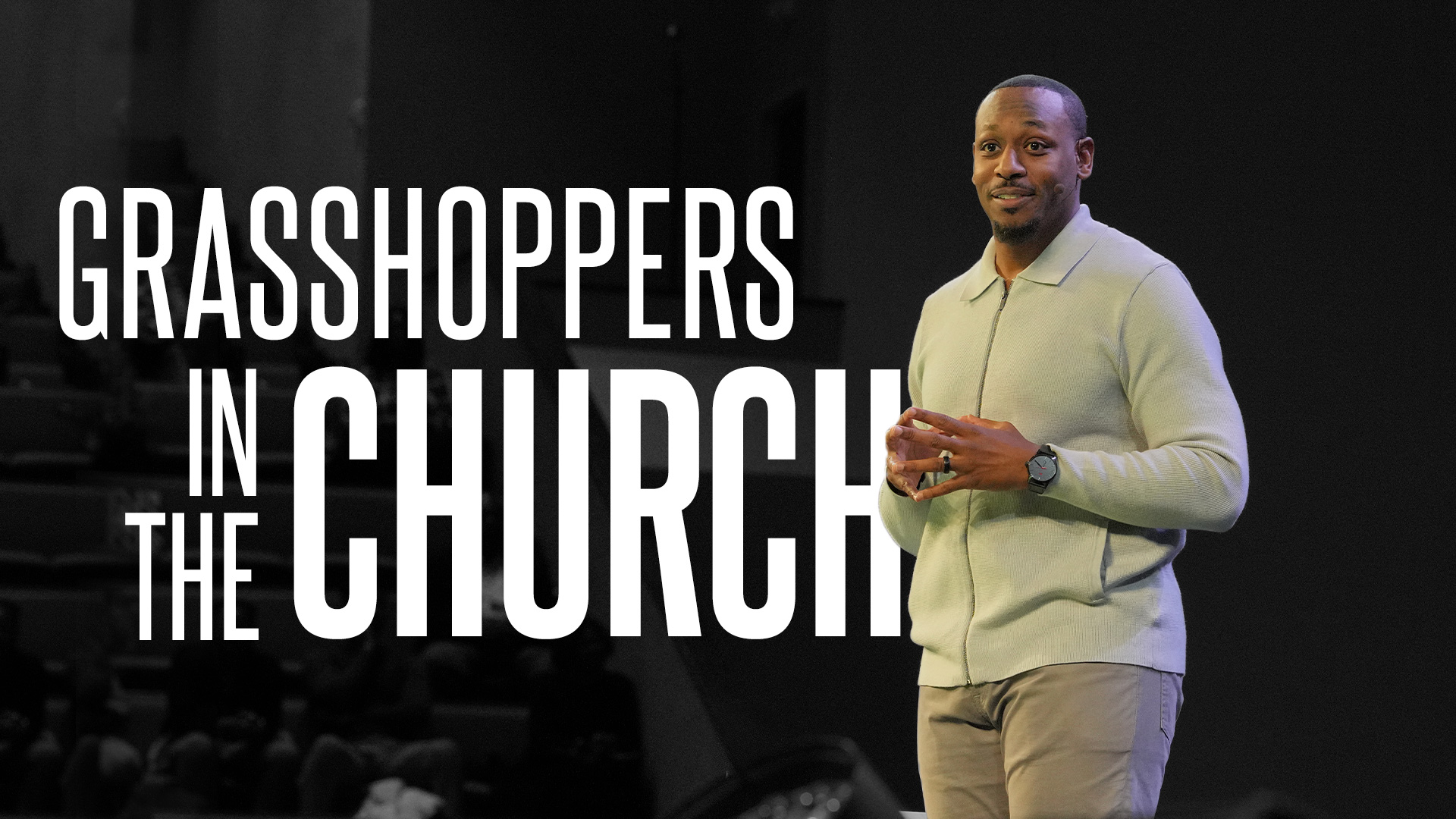Stop Making Stuff Up
In Exodus 32, the Israelites camped at Mount Sinai while Moses went up the mountain to be with God and receive the instructions for the tabernacle. While Moses was gone, the people grew restless and assumed he was delayed. Because they didn’t know how long he would be gone, they created their own timeline and started to believe their own story. Doubt turned into impatience, and impatience turned into action. They began to doubt if Moses, or God, would return, so they took matters into their own hands.
This moment at Sinai can be defined as apostasy—making a commitment to follow God and then turning away. The Israelites had just agreed to obey God’s commandments from Exodus chapter 20, yet the moment He didn’t meet their timeline, they turned away. Aaron collected gold from the Israelites to form a golden calf, then gave credit to the created idol for delivering God’s people from bondage. The people worshipped it, sacrificed to it, and lost themselves in immorality. Eventually, God told Moses to go back down the mountain because the people in the camp were in chaos. We are often like the people of Israel – putting God on our internal stopwatch and expecting Him to move according to our schedule. Just because God doesn’t show up when we want doesn’t mean He’s not coming in His perfect timing. Scripture teaches us to wait well. Waiting reveals what’s inside of us. It exposes whether our faith is in God or in our expectations. When waiting produces worry, worry tempts us to trade our worship.
How quickly do you trade fasting for fortune, prayer for pleasure, commitment for convenience, devotion for distraction? That’s what happened with the Israelites. When they decided God was taking too long, they didn’t accidentally fall into idolatry—they chose it – not trusting the God that had miraculously delivered them previously. When we feel like God’s peace, provision, or promises are delayed, we often turn to substitutes. We reach for people, distractions, addictions, or shortcuts to get ourselves where we think we should be by now. But we need to stay focused on God and wait for His perfect timing.
And remember, just like Moses returned to the Israelite people, Jesus will return one day. The question is: when He comes, will He find us waiting well or making up our own way? Let’s be found faithful and ready to be taken in as God’s bride.
Getting Started
- When you’re waiting on something, are you more likely to be patient or take control? Why?
- Has there ever been a time when you assumed a delay meant God wasn’t working?
Let’s Get Personal
- Do you currently have an “internal stopwatch” or something that you feel needs to happen by a certain time?
- When you feel anxious or impatient, what do you turn to for comfort or control?
- Who in your life models what it looks like to wait well? What do they do that inspires you?
Take the Next Step
- What’s one area of your life where you sense God inviting you to trust His timing more deeply?
- Pray and ask God to reveal any areas where impatience is pulling you away from obedience.
- Want to dig deeper? Take a look at the following passages: Exodus 32:1-7; Deuteronomy 9:10; Exodus 25:8; John 1:14; Matthew 24:36; Psalm 27:14; Isaiah 40:31; Psalm 62:5; Habakkuk 2:3; Exodus 13:22; Hebrews 6:4; Ezekiel 22:30; Proverbs 14:1; 1 Corinthians 15:58.
Renew Your Mind
“Then the Lord spoke to Moses, ‘Go down at once, for your people, whom you brought up from the land of Egypt, have corrupted themselves.'”
Exodus 32:7



